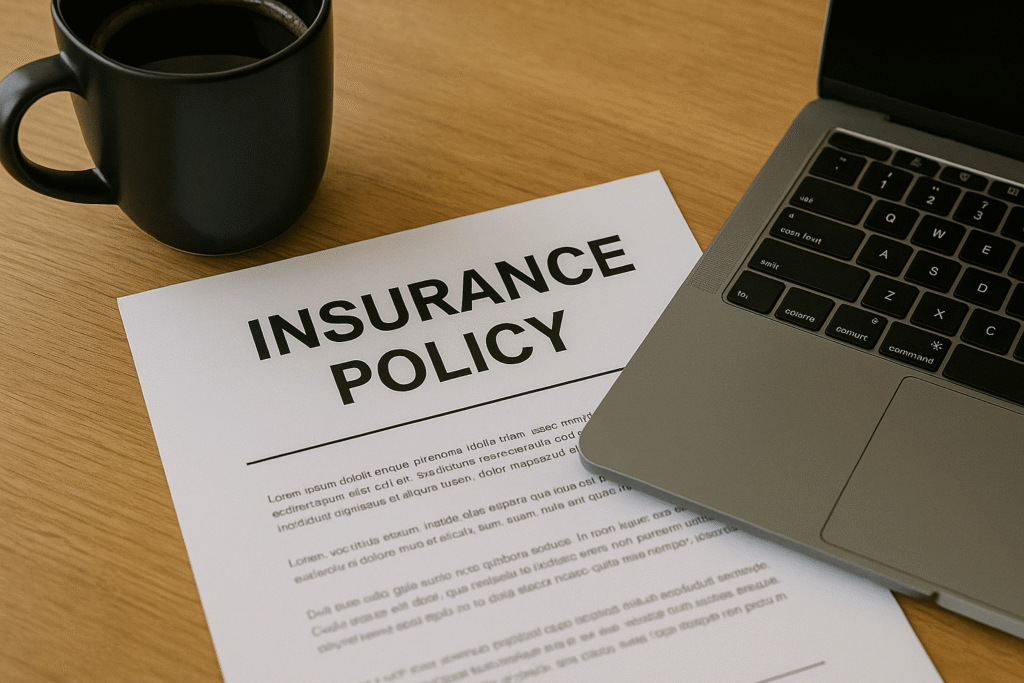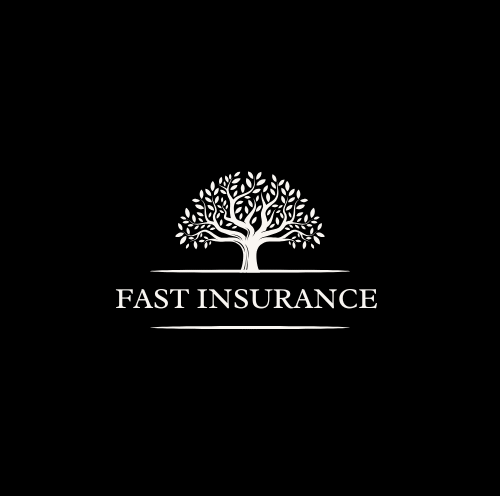Introduction
In the emerging gig economy, freelancing in the UK is a coveted profession that is flexible and autonomous in most fields of design, writing, marketing, technology, consulting, and more. Autonomy of this sort, however, is expensive and comes with a price tag primarily, how to defend your freelance business from threats. That is where insurance for freelancers in the UK comes into play. Freelancers lack the employer-offered safety net of insurance, and so they are more exposed to unforeseen setbacks. Be it an accident, a legal conflict, or a data breach, the financial toll can be draconian.
Fortunately, freelance business insurance provides a surefire method of shielding your career. You will need public liability cover if ever you meet clients face-to-face or go into their premises, which will protect against any property or injury claim. Professional indemnity insurance is recommended for anyone who gives advice or technical or creative expertise it covers you if a client sues you for making them lose money. Freelancers dealing with confidential client information may find cyber cover useful as protection against cyber attack or data breach.
1. Why Freelancers in the UK Need Business Insurance
Freelancers face unique challenges. A single client dispute, data breach, or accidental damage can lead to financial losses or even legal battles. Business insurance provides peace of mind and professional credibility. Reasons to get insured include:
- Client requirements (some contracts demand it)
- Financial protection from lawsuits or claims
- Equipment and data security
- Building client trust and professionalism
2. Types of Business Insurance Every Freelancer Should Consider
Each type of cover serves a different purpose. Here’s what matters most in 2025:
- Public Liability Insurance: Covers claims if you accidentally damage someone’s property or cause injury during work (useful if you meet clients in person).
- Professional Indemnity Insurance: Protects against claims of professional negligence or mistakes vital for consultants, designers, developers, marketers, and more.
- Business Equipment Insurance: Covers loss, theft, or damage of tools like laptops, cameras, tablets, etc.
- Cyber Insurance: Helps if you’re targeted by cyber attacks, data breaches, or online fraud.
- Employers’ Liability Insurance: Legal requirement if you hire any staff, even freelancers.

3. Best Business Insurance Providers for UK Freelancers in 2025
Top companies offering flexible and affordable policies tailored for freelancers:
- Hiscox: Customised cover for creatives and consultants. Easy online setup.
- AXA: Well-known for public liability and equipment cover.
- Direct Line: Offers quick quotes and 24/7 support.
- Simply Business: Compare quotes from multiple insurers.
- Markel Direct: Offers specialist cover for professional services.
Choose based on your industry, budget, and the level of cover you need.
4. How Much Does Business Insurance Cost for Freelancers?
Business insurance costs vary, but here’s a general idea:
- Public Liability Insurance: From £60 to £120/year
- Professional Indemnity Insurance: From £80 to £250/year
- Business Equipment: From £50/year depending on item value
Costs depend on factors like your profession, annual income, claims history, and coverage level. Comparing quotes is essential to get the best deal.
5. Do You Need Insurance as a Sole Trader or Self-Employed Person?
Yes. Even if you’re a one-person business, insurance matters. As a sole trader or self-employed freelancer, you’re personally liable for any mistakes or damages. Business insurance is not always legally required, but it’s often necessary to:
- Work with agencies or corporate clients
- Bid for public sector contracts
- Rent office space or coworking spots
6. Freelancers and Contracts: When Insurance Is Mandatory
Many clients (especially agencies and large businesses) require you to have:
- Professional indemnity insurance
- Public liability insurance
- Employers’ liability (if you’re outsourcing)
Include your insurance details in proposals to build credibility and professionalism.

7. What is Professional Indemnity Insurance & Why Is It Crucial for Freelancers?
This is one of the most important covers for freelancers. It protects you if a client claims your work caused them financial loss. Examples:
- A Designer creates a logo that violates copyright
- A developer’s code causes website downtime
- A marketing consultant gives inaccurate advice
Without this cover, legal defence and compensation costs can be overwhelming.
Our Previous Article : Best Car Insurance For Young Drivers USA 2025
8. Cyber Insurance for Digital Freelancers
In 2025, cybersecurity threats are higher than ever. If you work with client data, run websites, or handle online payments, cyber insurance is essential. It covers:
- Data breaches
- Ransomware attacks
- Hacked emails and phishing
- Legal costs due to data loss
Ideal for web developers, e-commerce consultants, marketers, and content creators.
9. Tax-Deductibility of Business Insurance for UK Freelancers
Good news most business insurance premiums are tax-deductible. That means you can claim them as a business expense when filing your self-assessment tax return with HMRC. Just make sure:
- The policy relates strictly to business use
- You keep invoices/receipts
10. Common Mistakes Freelancers Make When Buying Business Insurance
Avoid these errors:
- Only buying the cheapest policy (may have gaps in cover)
- Not reading policy exclusions
- Forgetting to update cover when income or equipment changes
- Missing out on cyber or indemnity protection
- Not reviewing the policy annually
11. How to Choose the Right Insurance Based on Your Freelance Niche
Each industry has different risks. Tailor your cover based on your freelance role:
- Designers & Developers: Professional indemnity + cyber insurance
- Photographers & Videographers: Equipment + public liability
- Writers & Editors: Indemnity cover (especially if working in news/finance)
- Tradespeople: Public liability + tools insurance
- Consultants: Indemnity + legal expense cover
12. What Happens If You Don’t Have Business Insurance?
Without insurance, you risk:
- Paying out-of-pocket for legal claims
- Losing work opportunities
- Damaging your reputation
- Being in breach of contracts
Insurance isn’t just about protection, it’s a business asset.
Our Previous Article : Best Car Insurance For Young Drivers USA 2025
FAQs
Q1: Is business insurance a legal requirement for freelancers in the UK?
A1: Not always, but certain types like employers’ liability (if hiring staff) are legally required. Many clients also demand insurance.
Q2: Can I get business insurance as a sole trader?
A2: Yes, most insurers offer cover for sole traders, freelancers, and self-employed professionals.
Q3: What is the most important insurance for a freelancer?
A3: Professional indemnity insurance is often the most important, especially if your advice or work could lead to client loss.
Q4: Is freelancer insurance expensive?
A4: It’s usually affordable, starting from around £50 to £100 per year depending on coverage and profession.
Q5: Can I claim insurance premiums on my taxes?
A5: Yes, most business-related insurance policies are tax-deductible in the UK.
Conclusion
UK freelancers can have freedom, but they must be proactive in protecting their business from unplanned loss. Investing in proper business insurance not only brings peace of mind but will also enhance your professional credibility. Most clients would want or require freelancers to be insured.
No matter if you are a graphic designer, digital marketer, consultant, or IT specialist, business insurance could be the difference between recovery from a catastrophe and losing all that you’ve achieved. In today’s fast-paced, constantly evolving world of freelancing, security is no longer an indulgence but a sound business choice.
Read More About Us : Fastinsuree.com


1 thought on “Business Insurance for Freelancers in UK (2025 Guide)”